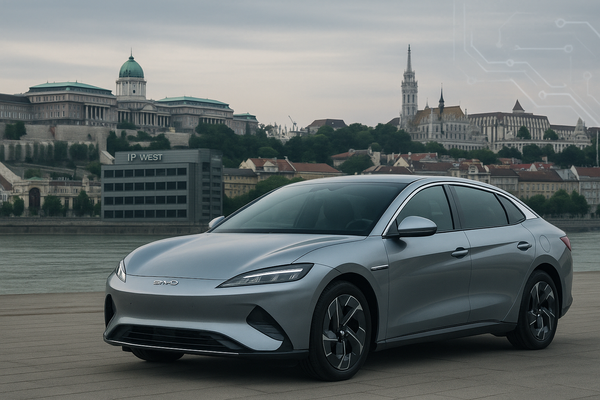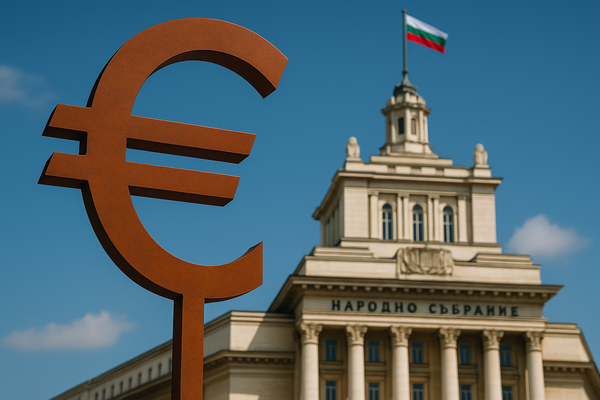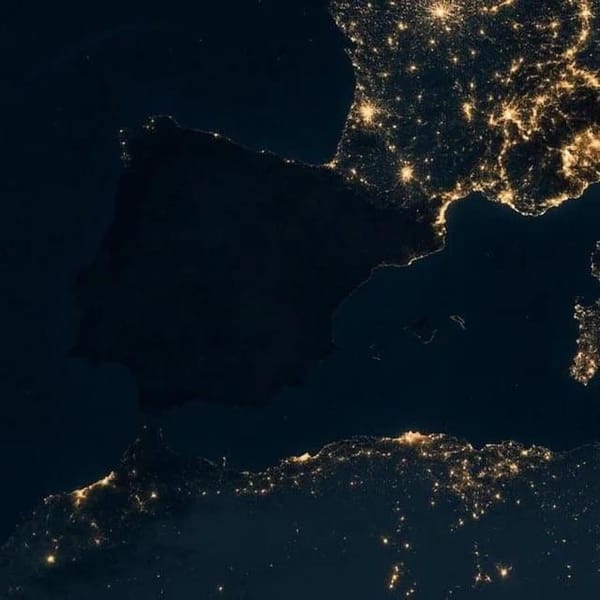
Romania has overtaken Greece, Hungary - Economy minister underlines EU benefits
Romania has economically surpassed Greece, Hungary and is closing in on Poland, Romanian Economy Minister Stefan Radu Oprea underlined in a summary of his speech at an “Anti-RO-exit” event, against “extremist voices” who advocate for Romania leaving the EU.
In a post that poses the question: “What would Romania’s economy look like without membership in the single market and without European funds?” Oprea noted that the year it joined the bloc, Romania’s “nominal GDP in 2007 was RON 404.7bn (EUR 81.3bn), while in 2022 it was RON 1.4tn (EUR 281.52bn).
“It is obvious that our economy and standard of living have increased since we became EU members with the possibility of access to European funds and the advantages of the common market,” according to the economy minister.
“In the 2007-22 period, Romania had an average real GDP growth of 3.04%, the second highest in the region, after Poland (3.83%): above the EU-27 average of 1.2%. The gross minimum wage for the economy increased from RON 390 (EUR 78.35) on January 1, 2007, to RON 3,300 (EUR 662.94) on January 1, 2024,” he added.
Brexit represents cautionary tale for Eurosceptics
Oprea noted that “Romania accessed EUR 89.4bn in EU funds between EU accession in 2007 and September 2023. Minus Romania’s contributions to the Union’s budget, the funding received still exceeds EUR 60bn,” he added.
“I would also give a counter example in the context of the extremist voices who say that we should reconsider our place as an EU member state. In the UK, the disinformation preceding Brexit said that the British spend more money with the EU budget than they receive.
“The latest data shows that the decision to leave the EU has cost the UK economy EUR 160bn. The life of citizens has become more expensive, and the business environment suffers from the barriers to trade,” Oprea underlined.





